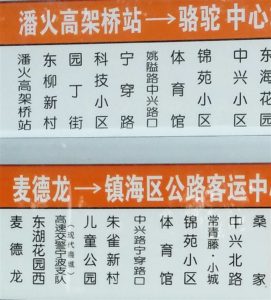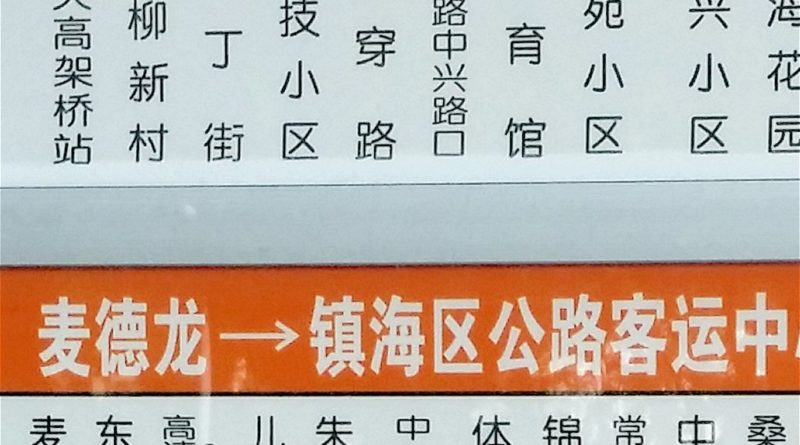Do You Need to Speak Chinese to be Able to Teach English in China?
So to the million dollar question:
Do you need to be able to speak Chinese to be able to teach English in China?
The simple answer is NO.
Having said that, knowing some Chinese will make your life in China much easier. You might also find that it gives you the edge in job interviews.
When you’re teaching English in China generally you’ll be teaching students who already know a fair bit of English. So you’ll be able to give the class directions so they know how to do the activities you plan for them. Most students have Chinese native speakers who teach them grammar and spelling. You’re there primarily to get them to do what they find hardest – speak.
So in day to day class activities no Chinese knowledge is needed. However it is useful. I know a lot of Chinese vocabularly now, so I generally know when my students have guessed what something is and start saying the Chinese name of something. Yes I can usually tell when they’re cheating in tests!
Knowing some Chinese will also make your non-school life in China a lot more straightforward.
In particular, once you know how to read some characters you’ll be able to:
- Know where public toilets are, even if they don’t have English signs or pictograms.
- Navigate around your school by reading the characters (particularly useful in a large university).
- Navigate around cities by reading the road signs (which aren’t always in English).
- Use Baidu Maps (the Chinese equivalent of Google Maps; Google Maps doesn’t generally work in China anymore).
- Read food menus.
- Read bus stop bus timetables. This is especially useful if the city you’re going to work in doesn’t have a well developed metro route.
- Travel into the countryside where English signage is non-existent.
- Have a better idea of what you’re buying in supermarkets.
- Get discounts in shops by being able to recognise BOGOF offers etc.
Of course knowing how to speak Chinese will bring huge benefits, especially when things go wrong!
I’m ashamed to say that although I’ve been studying for years, I still don’t know enough Chinese to be able to recharge my mobile phone in a China Mobile shop. And I always rely on a native speaker helper if I want to do something like get my hair cut.

I am somewhat better at writing however. Although I can’t write characters from memory, I can type them using the pinyin input system. This makes it possible for me to chat online to Chinese people who don’t know any English at all.
As for what language to learn, Mandarin is the main language in China. It’s the language of business and government, and all school kids learn it. However, it is not the mother tongue of a vast number of Chinese people. If you go to work in Guangdong Province then you’ll find that most locals speak Cantonese on a day to day basis. And in Shanghai they speak Shanghainese. In the more rural provinces like Hubei you’ll find that each city has its own particular dialect.
If you’re serious about learning Mandarin then I recommend you go to work in an area in which Mandarin is widely spoken. Beijing is the most obvious city. But I’ve also found that Mandarin is very widely spoken in Zhejiang Province. It’s easier to get free listening lessons in Zhejiang Province simply by going outside and listening to locals speak. I found it much harder in Guangzhou because whenever I used to go on the bus the passengers around me tended to speak Cantonese. So I got no Mandarin listening practice at all.
Thankfully there is for all intents and purposes only one written language. Although if you go to teach in Hong Kong or Taiwan you’ll soon find out that they use a different set of characters to those used on the mainland.
As a side project, once you’re in China it’s worth studying for the HSK exams. These are the internationally recognised qualifications for Mandarin Chinese competency, i.e. a bit like TOEFL and IELTS are for English. HSK Level 1 is easy and you should pass this after spending at least 6 months in China. I got something like 99% on Level 1. Level 2 is also doable for most people and I got around 81%. If your school gives you free Chinese lessons as part of your employment package, then the HSK is definitely something worth aiming for. It’s also a great talking point to put on your resume.
Good luck!



